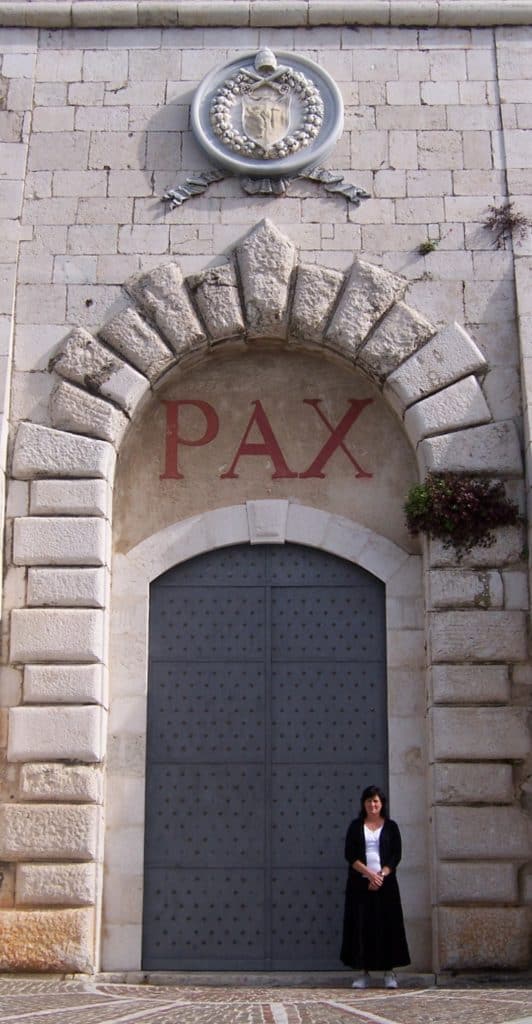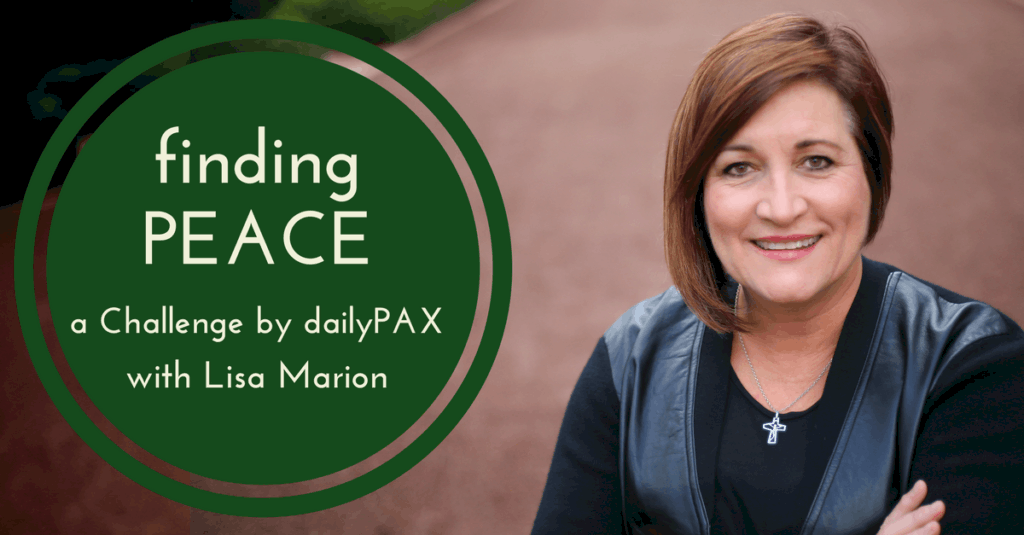![]()
My social media feed is full of creative projects, recipes, and shiny holiday craft ideas. I’m intrigued at all the stuff of these imaginative people. Yet all these ideas muddy my already busy life and full schedule. Perhaps this season is a time where less might be more. So, I’d like to share some of my own creative ideas for this season, of things NOT to do. I hope they give you the space you need to have an intentional holiday season.
- Don’t Say “Yes” to Everything, Give Yourself Permission to Say “No”
Politely say “No thank you” to something, anything. A party, a gift exchange, or the premiere of a movie release. This hardly sounds right, especially in this season of gatherings and activities. But there are only so many hours in the day, and a limited number of days to accomplish everything. In a season of running here and there, accepting every invitation and activity is unrealistic. It is ok to turn down an offer. Give yourself to intentionally evaluating how you will spend the precious time you have.
- Don’t Have Expectations
Let’s be honest, people don’t always behave as we would wish them to, especially during the holidays. This year, try and accept everyone as they are, without the expectation of them being different – if you know that certain aunt is going to say something unkind, do not be disappointed when she does. You could beat her to the punch by saying something nice to her. Find the peace that comes from within. Don’t allow another person’s behavior to disturb your holidays … If this tactic is not practical, revisit #1.
- Don’t “Should” on Yourself
My holidays are often full of my own sharp self-critique, expectation issues again. I obsess on how I could have done better. My mind is full of “shoulds.” I “should have” spent more money on his gift, or I “should have” sent my Christmas letter earlier, or I “should have” shopped in October. The season demands a lot, be gentle and accept yourself as you are, not as you think you “should” be.
- Don’t Try and Do Everything, Let Go of Something – Anything
I remember the year I stopped sending Christmas cards. I had ordered a huge batch of those clever postcard-photo things. They never went out, and I discovered that NOT sending mass Christmas cards did not cause any harm. And it was one less thing I “should” have done. Find something on your list that you can let go, and let it go (cue annoying “Frozen” music here).
- Don’t Forget the Reason for the Season
I know a trite, overused phrase, but it is a good one. Remember the first Christmas was a simple one. A young woman bore a sweet warm child in a humble stable. The couple had each other and not much more. We recently celebrated St. Nicholas Day. I mused, “What would this Godly man, a Bishop actually, think of the crazy commercialism that now characterizes this blessed season?” As Christians we should not only remember the “reason” behind the “season,” but we should take the time to think on the gift that Christ is, not only to us, but to the lost and dying world. This reality should be reflected in all we do and say.
- Don’t Be Extra, Exercise Moderation
I have NEVER regretted using moderation, whether it’s in drinking, eating, shopping, or talking. I will exercise moderation by not expounding more on this simple principle.
- Don’t Skip Rest
It is tempting to stay up late to wrap gifts, or address cards, or complete a project, or clean … but overextending oneself can lead to fatigue, which can lead to illness and irritability. It seems counter-intuitive, but rest might be MORE important during the holidays. Don’t skip the time your body needs to renew and refresh itself.
Talk Less, Listen More
Holidays are wonderful, but not for everyone. Perhaps this is true for you. We all have expectations and unspoken desires. These get pushed aside with all the hustle and bustle. Allow yourself to step away from all that chaos. Stop and listen to those around you. Give them 100% of your attention, be fully present in each moment. The best gift we can give is ourselves and our genuine interest in the other. Yes, even if it’s your mean aunt.
Before the chaos fully engulfs you, take an intentional 30 minutes to reflect on these “Don’t Dos.” Look at the simple questions below. Go further and set a timer, get out a journal, and turn your phone to airplane mode. Be still and listen. The holidays will come and go, and they will become the fabric of our memories. Accept your limitations this year and create good memories. I’d love to hear what resonated with you. Email me if you want to chat about it.
- What are my goals for this holiday season?
- Where do I KNOW I will struggle?
- What will I do, intentionally overcome or avoid this barrier?
- Which of Lisa’s ideas resonate most with me? And why?
 That’s a picture of me in front of the ancient arch way of his Abbey in Montecassino, Italy. I visited in 2006. It was amazing. Their website is amazing too:
That’s a picture of me in front of the ancient arch way of his Abbey in Montecassino, Italy. I visited in 2006. It was amazing. Their website is amazing too: 